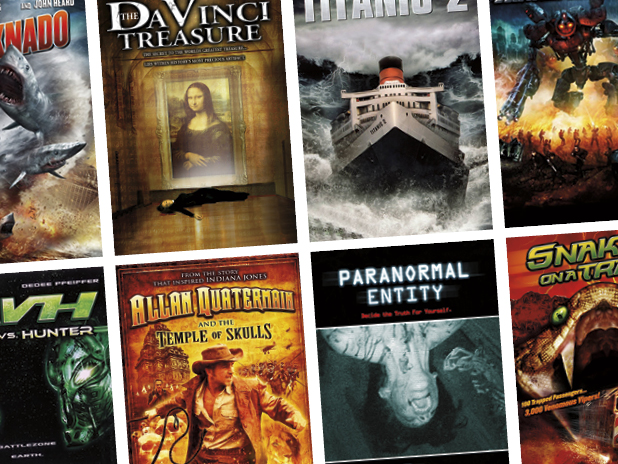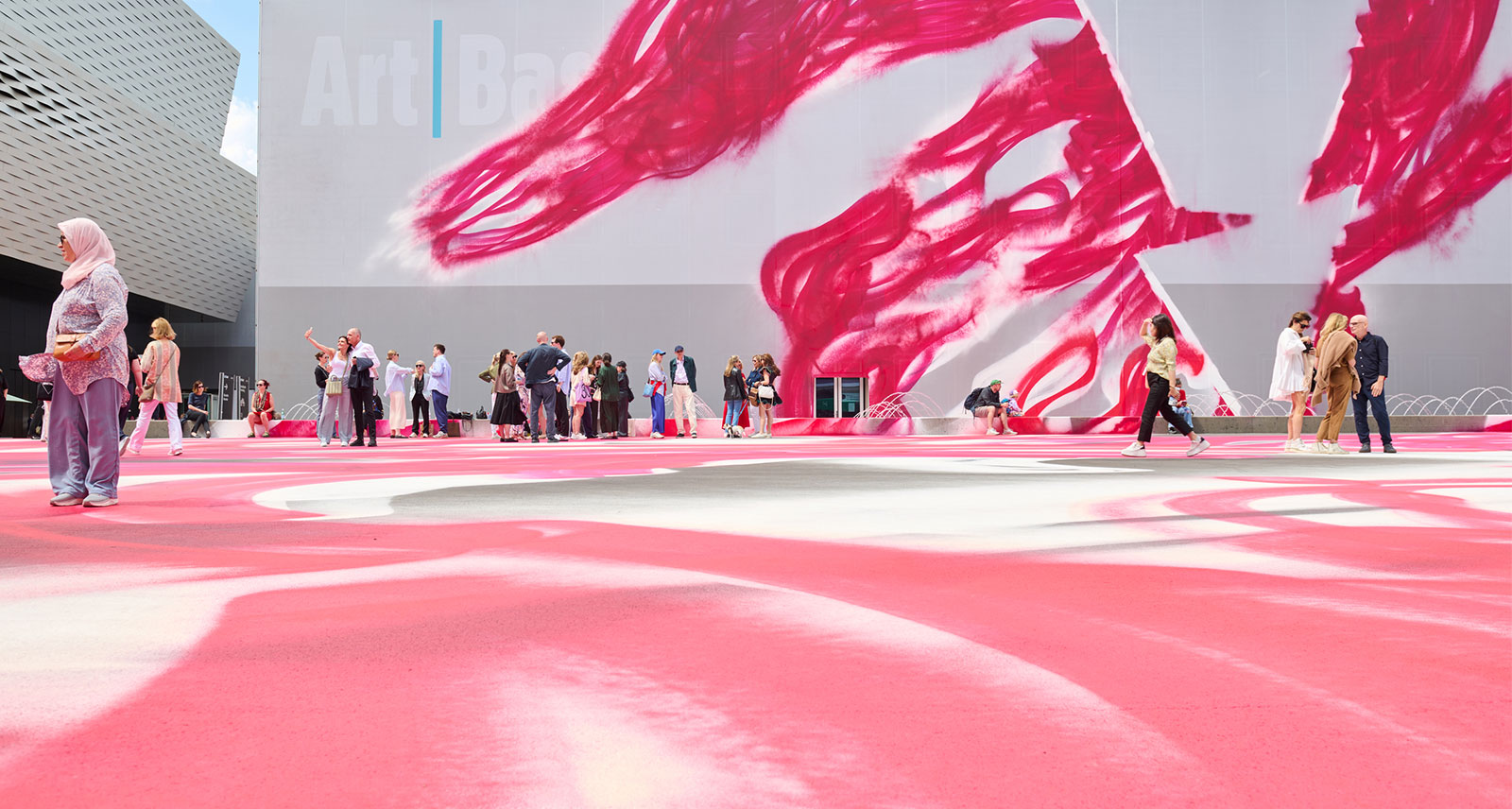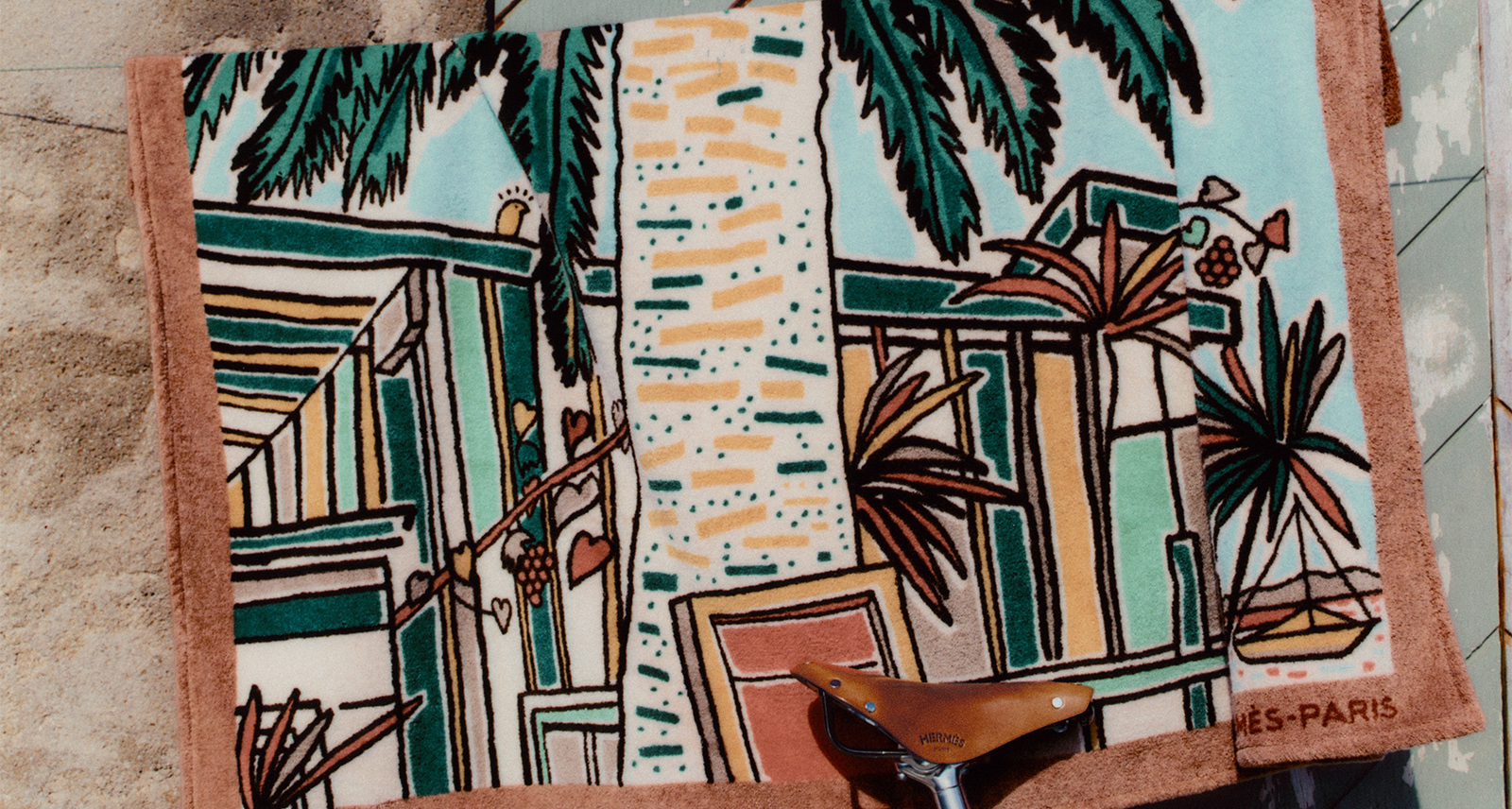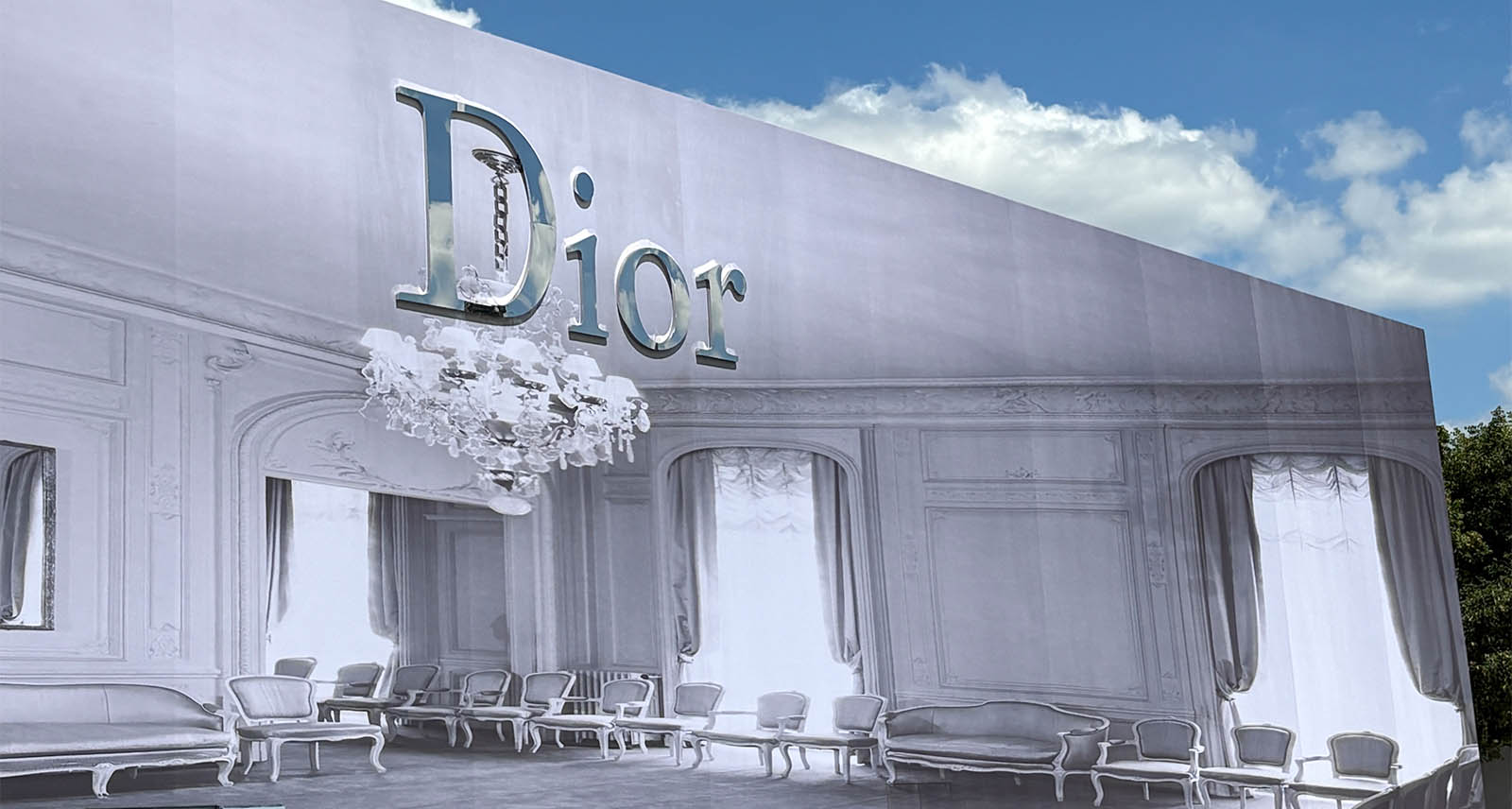The Asylum: They Are What They Are
If you’ve heard of the Asylum it likely wasn’t for something “good.” The Asylum doesn’t make things that are, strictly speaking, good. At least, not critically. The films and television shows they create know what they are—a counter-intuitive compliment that’s shorthand for a movie with a total lack of pretention.
It’s likely you’ve at least seen their handiwork. You’ve flicked past it on Netflix, or, like millions of others, were sucked in by the ironic hype of Sharknado and Sharknado 2—movies that promise to be so bad they’re good. Creature features are an Asylum speciality. They also make Christmas movies, Christian movies and B-grade horror films. And mockbusters—flicks that, for the distracted, unsavvy, or super high, look like Hollywood flicks they’ve heard of, only not quite right. Like the Mega Blocks your aunt got you instead of the Lego set you wanted. They make them on the cheap, sometimes based on nothing more than a title a studio is developing.
Sure, The Asylum makes knock-offs, but so does Hollywood.
“I think the audience just wants to be satisfied,” explains Paul Bales, one of the founders of The Asylum. He and his two partners talk with the easy honesty of friends who don’t take much seriously. They started the Asylum in the late ’90s, when they realized people would rent their stuff at Blockbuster, possibly by mistake. Now, they won’t greenlight any feature until they’ve sold it, either to overseas markets, cable channels, or streaming services. As a result, their films are always profitable. “Whether it’s a gourmet meal of an Oscar contender or a Tommy’s burger when you’re high, it’s that satisfaction that the audience is looking for. I think our film is probably not on the academy award level, but our films satisfy a lot of high people.”
It’s a business model that has, unsurprisingly, been criticized for being cynical. But here’s the thing: everything in Hollywood is cynical, isn’t it? The days of challenging auteurs making art for the sake of art is, with a few exceptions, kind of over. Movies are made to make money, and the same goes for The Asylum. Sure, The Asylum makes knock-offs, but so does Hollywood. So does fashion. If culture is a constant exchange of ideas, commerce is the booze that lubricates that discussion. Consider The Asylum a drunken digression.
Like Hollywood, the Asylum follows a formula—only, they’re upfront about it. “Something we’ve done from the very start is to make sure, no matter the budget, or what genre you’re making, that the elements from that genre are there,” says David Latt, another founder. “We will talk to our filmmakers and actors and tell them their parameters. You can decide whether it’s a great film or not, but you need the core elements. In a horror movie you have someone dying 10 minutes in. Or it could be a Christmas movie with dogs. You need a donkey hijinks scene. You don’t have to worry so much how experienced your cast or filmmakers are.”
And sure, maybe following a strict formula doesn’t make for great fare, but somehow when The Asylum does it, it’s refreshing. Wily scamps, giving people what they want, even if it’s not what they really want. And, well, isn’t that what summer movies are about anyway?










